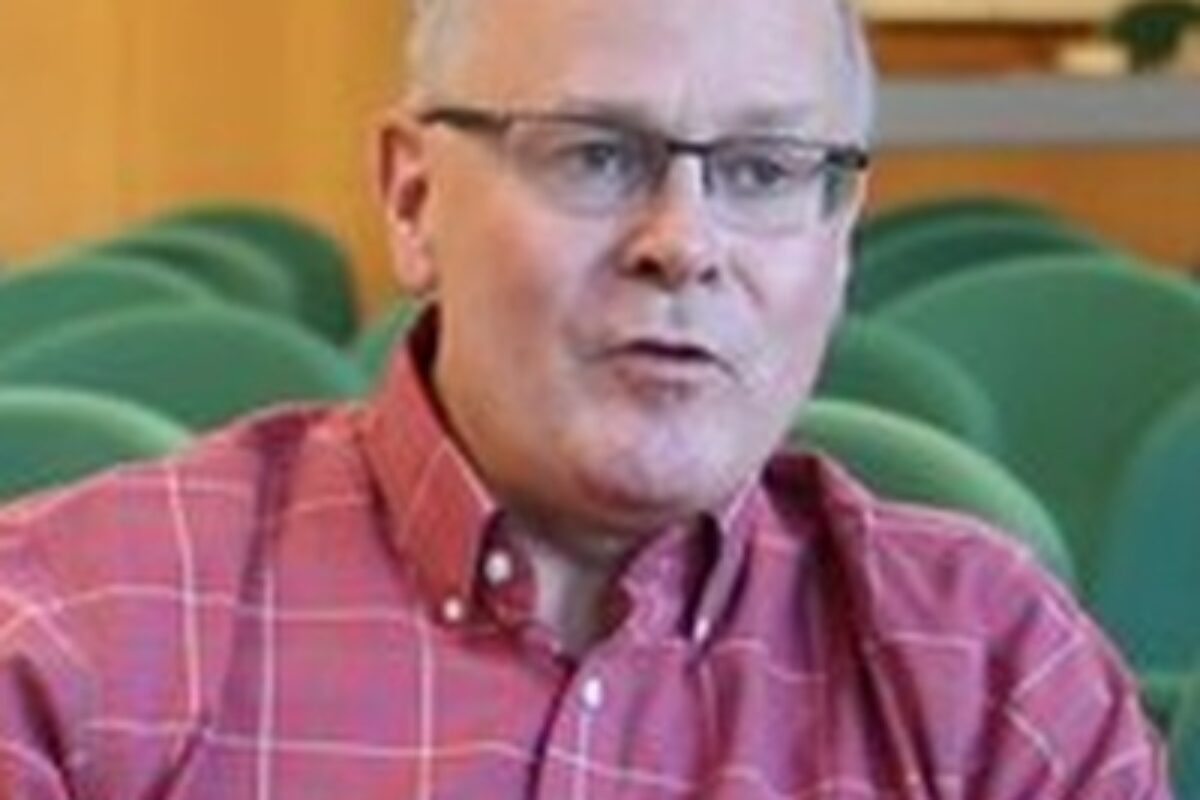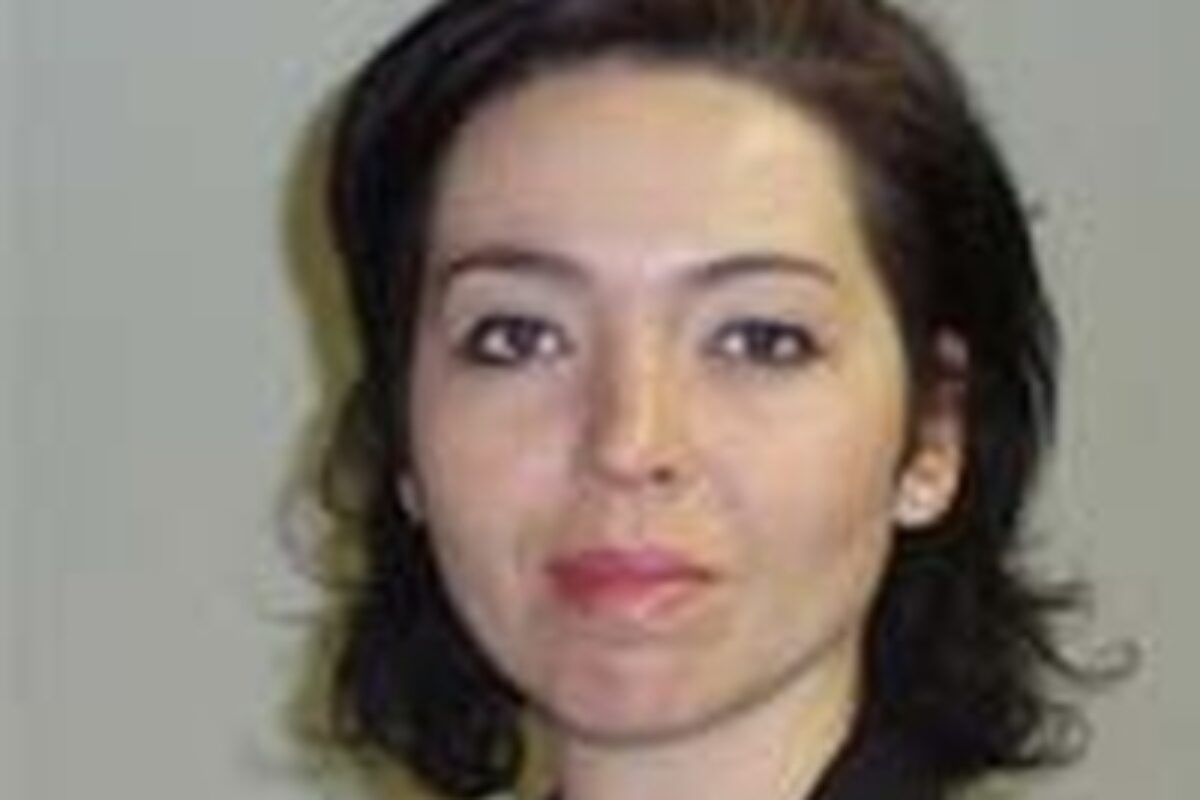Cal Tech Mechanical Engineering and Medical Engineering
Dr. Bari specializes in the neurosurgical repair and restoration of brain and nerve function. Following his neurosurgery residency training at UCLA, Dr. Bari was awarded the prestigious William P. Van Wagenen Fellowship to train at the world-renowned functional neurosurgery program at the University of Toronto. He has extensive clinical and research experience in the use of deep brain stimulation (DBS) in the treatment of both movement and psychiatric disorders. Dr. Bari’s clinical practice includes DBS surgery for Parkinson’s disease, tremor, dystonia, depression and OCD. In addition, his clinical practice includes neurosurgery for brain tumors, pain, and peripheral nerve disorders.
Dr. Bari’s research focuses on an interdisciplinary approach to studying the neurobiology underlying movement and psychiatric disorders and expanding the frontiers of neurosurgery to treat those disorders. As a part of his fellowship training, Dr. Bari studied the relationship between the motor and reward systems of the brain and the use of deep brain stimulation to modify and enhance them. A native of California, Dr. Bari completed his neurosurgery residency training at UCLA after receiving his MD and PhD degrees from Boston University. He completed his undergraduate training at UC Berkeley in the field of neurobiology.
Biography
After receiving his BA and MA in Biological Anthropology (at SUNY Stony Brook and Kent State University, respectively), Dr. Blaisdell realized that animal cognition was even more interesting than dead humans. So he trekked on over to SUNY Binghamton for his Ph.D. in Experimental Psychology with Dr. Ralph Miller, where he studied learning, memory, and temporal cognition in the rat. This was followed by a brief stint as an NRSA Postdoctoral Fellow with Dr. Robert Cook, an expert on Avian Visual Cognition at Tufts University, where he learned how pigeons perceive and think about the world. Since 2001, Dr. Blaisdell has emigrated to the climatological and cultural paradise of sunny LA as Professor in Learning & Behavior and Behavioral Neuroscience in the UCLA Psychology Department. He presides over a comparative cognition lab, studying cognitive processes in rats, pigeons, hermit crabs, and humans. His lab website is http://pigeonrat.psych.ucla.edu.
Publications
A selected list of publications:
Download
Download
Download
Download
Download
Download
Download
Download
Download
Download
Download
Download
Download
Download
Download





